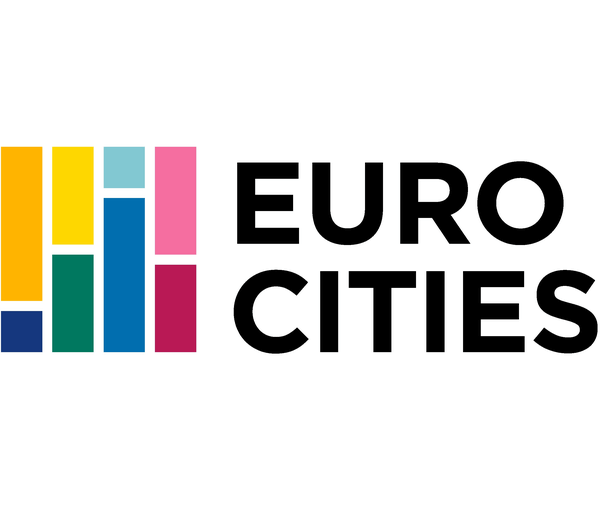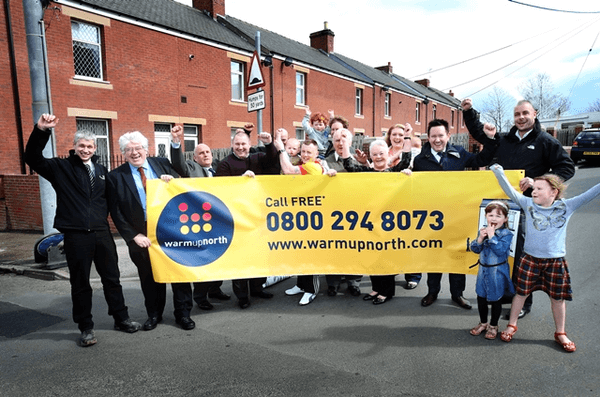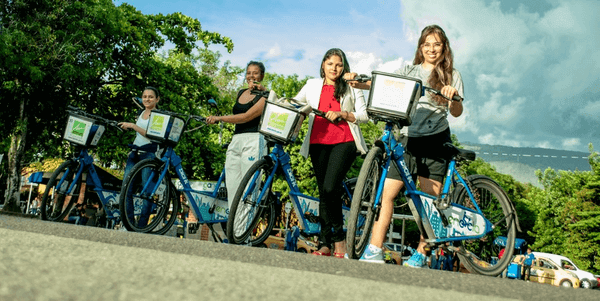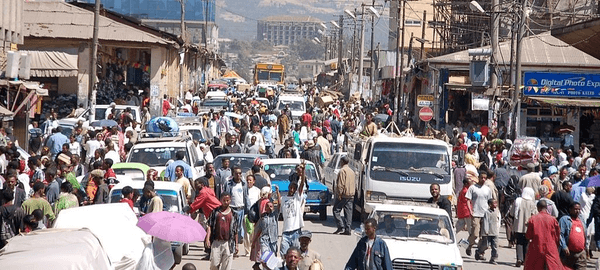The Marketplace for Mobility ("De Verkeersonderneming") is a public-private collaboration between the municipality and the urban region of Rotterdam, the Dutch Ministry of Infrastructure and the Environment/the Directorate-General for Public Works and Water Management, and the Port of Rotterdam.
The task of De Verkeersonderneming is to link employees, employers, road authorities and other partners to each other. De Verkeersonderneming works together with providers of mobility services that could contribute to peak traffic avoidance in the Rotterdam region.
An Advisory Council, made up of organizations from business and industry contributes ideas and participates in projects that improve the accessibility of the Rotterdam region.
The timeframe of the initiative is as follow:
- First call for tenders (April 2013): selection of contractors with an innovative mobility service which results in fewer traffic jams during rush hours. The services in question also have to be "future-proof", meaning that they can be marketed independently within three years without any financial contribution from the government.
De Verkeersonderneming has divided up the number of intended instances of peak traffic avoidance into bundles of 100: at least 100 instances of peak traffic avoidance have to be achieved for one year on all workdays.
16 innovative services have been selected during the first call for tenders, including shuttle buses, traffic information apps, travel assistants, but also services for gaming and playing sports during peak travel times, and using mobility budgets to support employers in helping their employees travel more smartly.
The 16 services selected intend to provide 4,300 instances of peak traffic avoidance each day over three years in total. The Marketplace for Mobility, involving the selected 16 parties, started on 27th November 2013.
De Verkeersonderneming also started with an incentive system for peak traffic avoidance. Frequent peak traffic participants could earn a sum of money if they switched to one of the providers of mobility services in the Marketplace for Mobility within six months.
- Second call for tenders (November 2013): 46 services submitted their business plan, out of which 29 new partners were selected.
During the second call, special attention was accorded to mobility services expecting to have a positive impact in the following areas:
- air quality: The municipality of Rotterdam opened a ‘Clean Air Office’ dedicated to this call for tenders. Service providers which contribute to cleaner air quality in the Rotterdam Region can request additional financing, listed as a private financing in their business case.
- Improving accessibility to the Wilhelmina Pier: Recent developments, including the increasing number of cruise ships docking in the pier and the opening of "De Rotterdam", the largest building in the Netherlands in terms of floor surface area, are placing additional pressure on the accessibility of the Wilhelmina Pier. New mobility solutions for this area are given an advantage in the call for tenders.
- Decreasing the transportation shortage in Rotterdam Zuid: The area of Rotterdam Zuid is characterized by high levels of unemployment, partly due to transportation shortages. People living in this area can be interesting customer group for service providers.
A public campaign made potential customers of the Marketplace for Mobility aware of their own behaviour (travelling by car at peak times). The municipality of Spijkenisse gave 15 long-term jobseekers the task of organising an event at which service providers could advertise their service to potential customers.
Working with residents, employers and relevant intermediaries, De Verkeersonderneming makes area-specific efforts in residential and working areas in Rotterdam. Relevant information resulting from this approach is available to the service providers in the Marketplace for Mobility.



